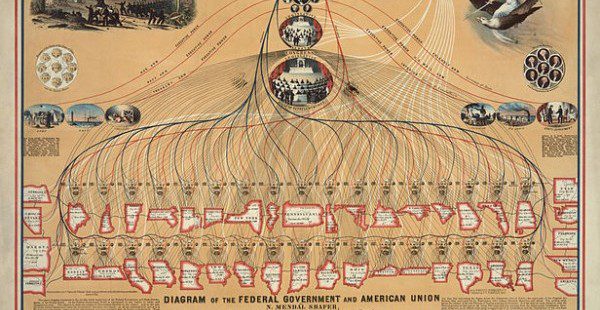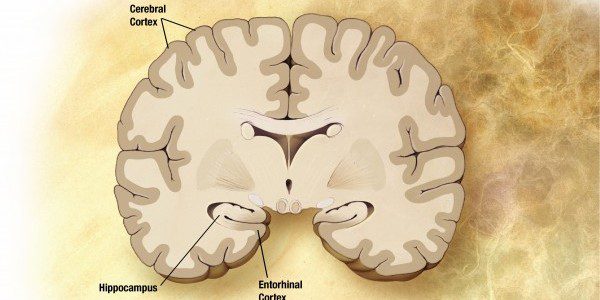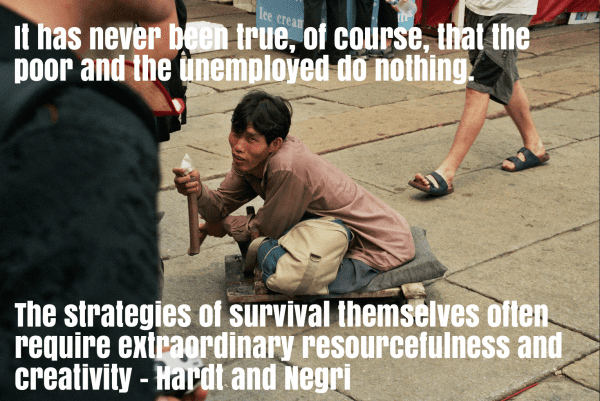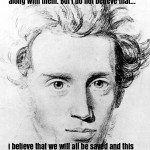It’s often said that “all translations are interpretations.” Scot McKnight draws our attention to the “New Stealth Translation of the ESV” (Crossway Pubilshing’s English Standard Version of the Bible), thereby indirectly raising the problem of politics and presuppositions in Bible translation. Yes, “all translations are interpretations.” And interpretations are human endeavors. Crossway recently announced that their 2016 edition of the ESV will be a “Permanent Text” from henceforth unto eternity (well, they don’t actually specify “unto eternity”). The “new ESV... Read more
















